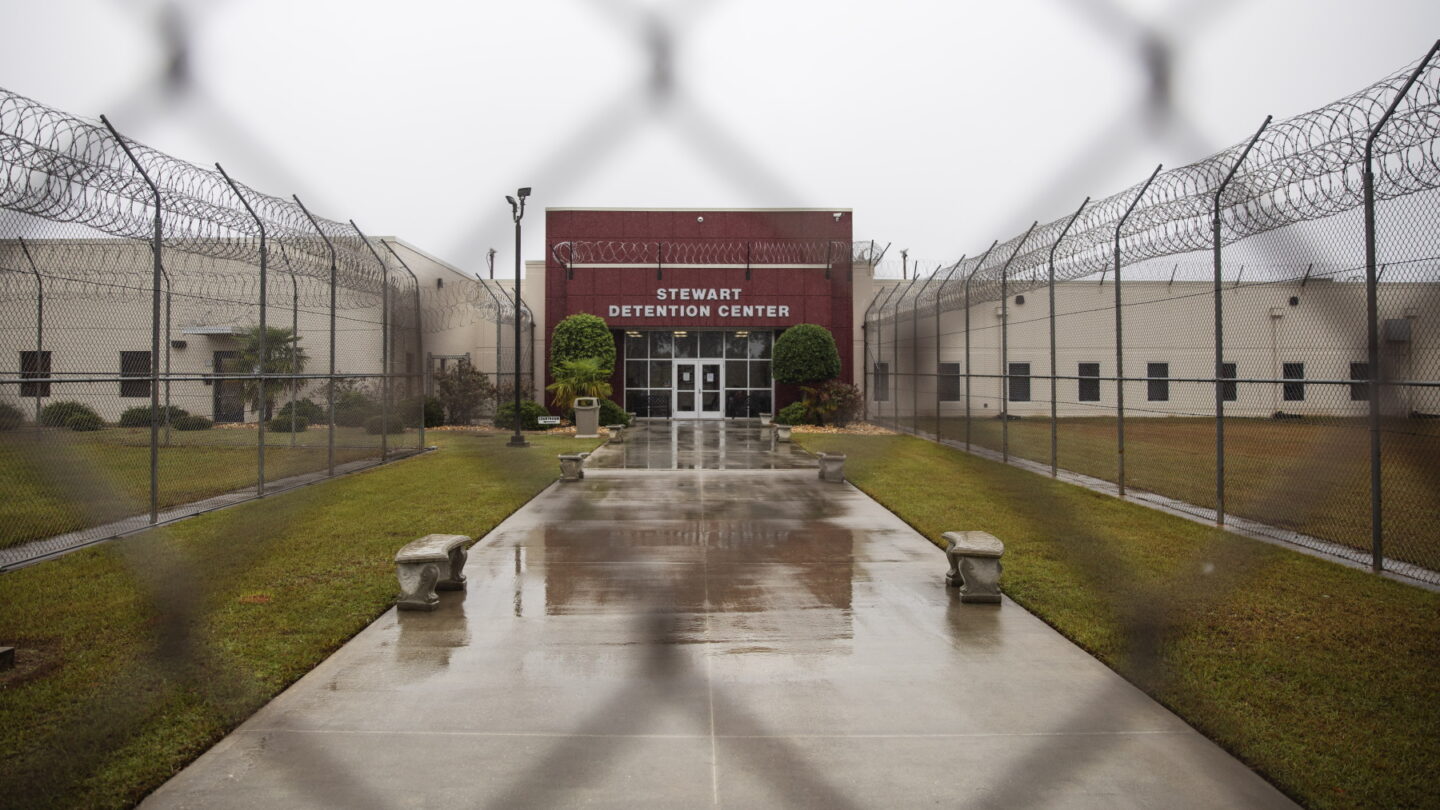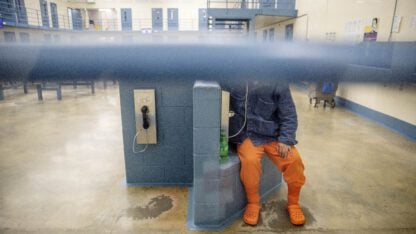The Southern Immigrant Freedom Initiative, known as SIFI, was the only legal team offering pro bono legal services to people detained by Immigration and Customs Enforcement in both of Georgia’s rural detention centers – Stewart Detention Center in Southwest Georgia and Folkston Immigration and Customs Enforcement Processing Center in Southeast Georgia.
Earlier this month, the initiative’s parent organization, the Southern Poverty Law Center, laid off the entire SIFI staff and many others working in immigration across the country.
“It’s not an exaggeration to say that without SIFI in these detention centers, providing the services that we are providing, we have no other phone number to give people to call,” said Gracie Willis, one of the attorneys who was laid off.
The detention centers can hold nearly 3,000 people, and immigrants from anywhere in the country can be sent to Georgia. Immigrants are not guaranteed legal representation for their cases and are often navigating reams of paperwork and changing policies on their own.
Analysis from the nonprofit American Immigration Council shows that people in detention with lawyers are twice as likely to get the relief they seek, whether it is asylum, self-deportation or other outcomes.









